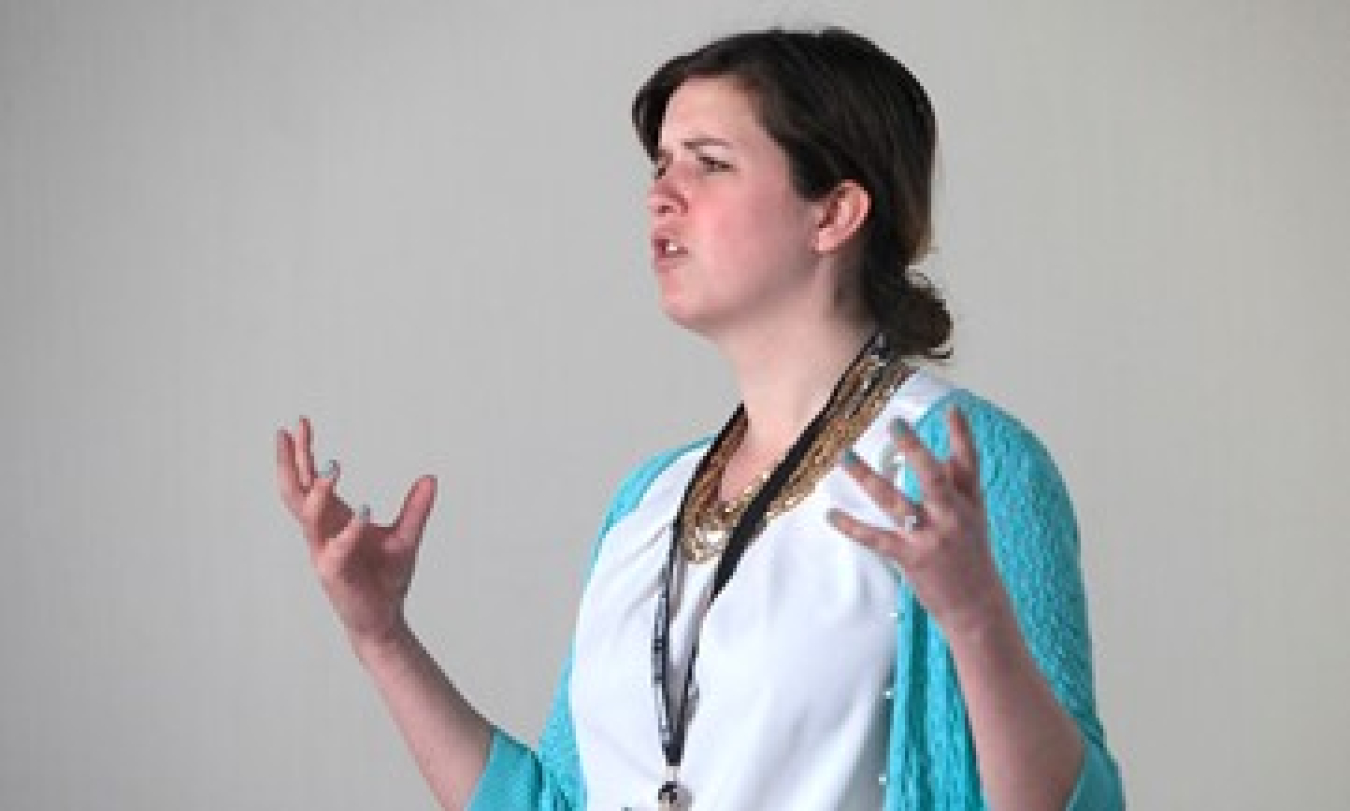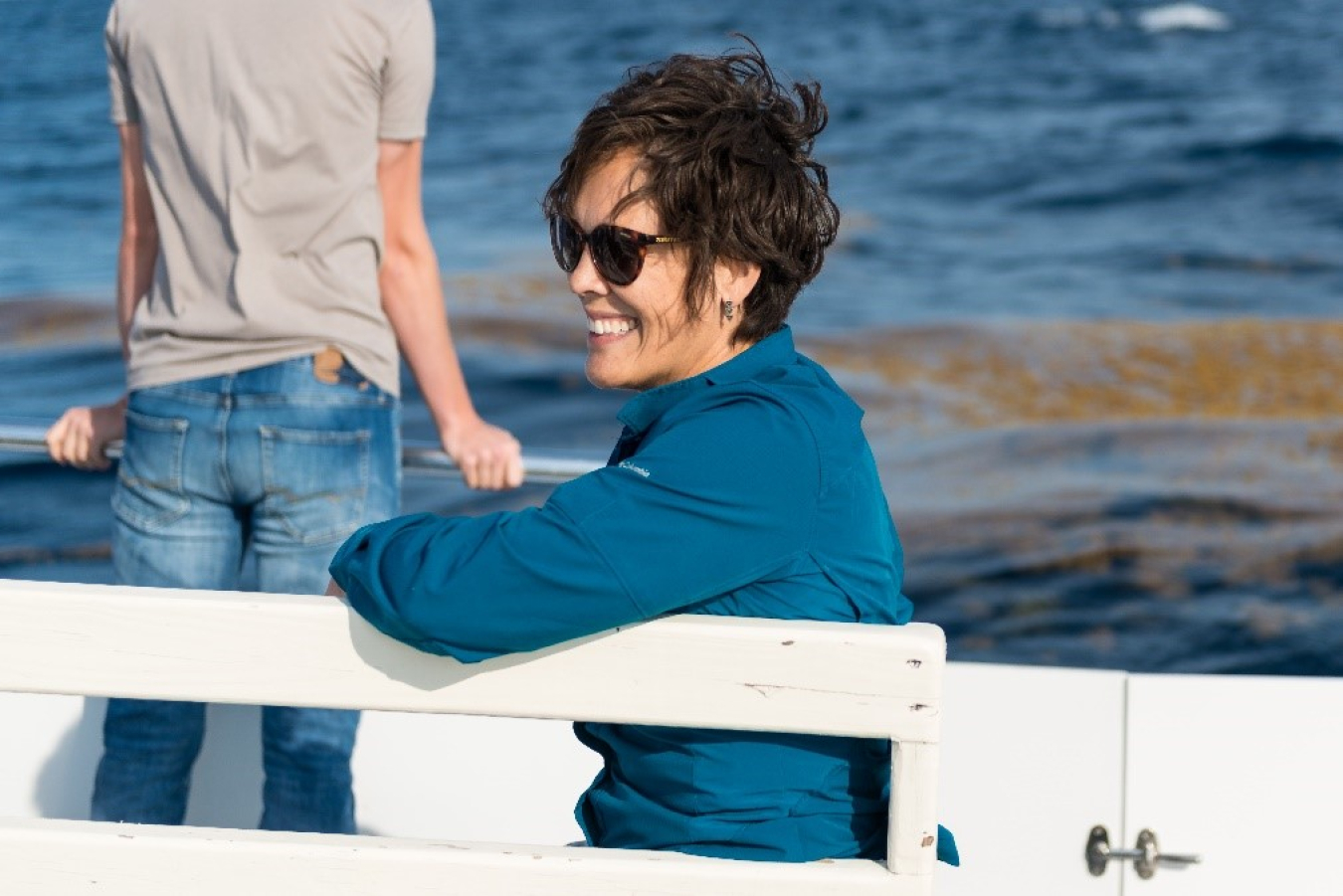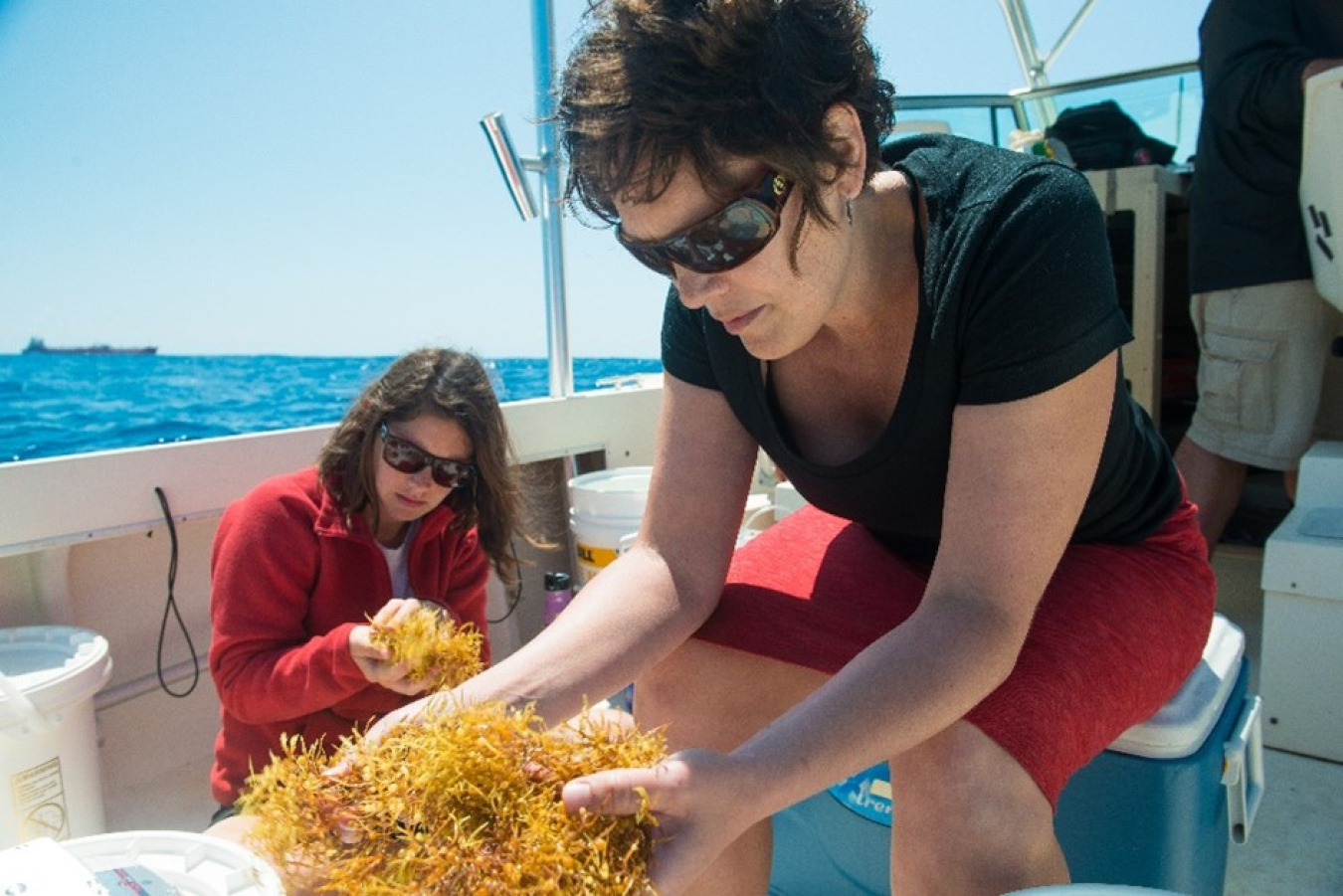Nontraditional thinking empowers today's marine industry disrupters.
Water Power Technologies Office
June 8, 2021Nontraditional thinking empowers today's marine industry disrupters
Longstanding maritime industries like shipping, commercial fishing, and offshore drilling have provided a solid foundation for global economies and coastal communities over many decades. However, potential opportunities for new marine energy markets are as vast as the ocean itself.
In 2019, the U.S. Department of Energy’s (DOE’s) Water Power Technologies Office (WPTO) released a visionary report titled, Powering the Blue Economy™: Exploring Opportunities for Marine Renewable Energy in Maritime Markets, which highlights emerging markets for marine and hydrokinetic energy technologies. WPTO's Powering the Blue Economy concept has developed into a $50 million program since then, showing rapid development, even by industry standards.
The idea of a "blue economy" still requires defining because it's still in the early stages. In essence, it represents the potential for early-stage industries, such as offshore renewables, marine aquaculture, ocean observing, marine robotics, and seawater mineral extraction, to contribute to a sustainable future that supports our environmental, economic, and energy needs. In reality, it's already taking shape.
The Forces Behind the Waves
So, who is behind the effort to ensure these emerging technologies can support thriving offshore industries, science, and security activities, as well as meet the energy and water needs of rural coastal and island stakeholders?
Let's start with who they are not.
"I'm not an engineer, not a physicist, and not a biologist," said Jennifer Garson, Acting Director of WPTO. "Some might say I'm not even a scientist, but I count social science as a science."

Jennifer Garson speaks to High School National Science Bowl teams at the event in 2013. Photo by Dennis Brack, U.S. Department of Energy
Garson, who earned her undergraduate degree in anthropology with an environmental studies concentration, followed a nonlinear path to DOE. She was driven to Washington, D.C., to study environmental policy after an inspiring field study experience in Australia. While there, she saw the impact of energy and communities, including real flooding of a location for hydropower in Tasmania, and was inspired to write her thesis on the cultural re-appropriation of aboriginal identity for ecology through modern art.
After receiving her master's degree from George Washington University, Garson progressed from a research assistant supporting DOE's Office of Electricity in her early career to more advanced positions in the DOE Office of Energy Efficiency and Renewable Energy and Office of Technology Transitions. Garson now plays an integral leadership role as Acting Director of WPTO.
"I take a whole ecosystem approach to R&D, putting the ocean in the context of a climate asset and then drawing together pieces from multiple perspectives to support it," Garson said.
Similarly, Lindsay Dubbs took what she called a "meandering path" to becoming a WPTO Powering the Blue Economy contributor and changemaker. Despite having a Ph.D. in environmental sciences and engineering from the University of North Carolina (UNC), she doesn't identify with the standard professional labels that have historically led to success in the field.
"I'm not a marine scientist, or not a traditionally trained one at least," said Dubbs, now a research associate professor and director of the UNC Institute for the Environment's Outer Banks Field Site. "I might identify as an ecologist and biogeochemist and coastal marine scientist, but not an oceanographer."

Lindsay Dubbs enjoys a moment on a research vessel en route to the Gulf Stream. Photo by John McCord, Coastal Studies Institute
Inspired by a high school teacher with a passion for underwater photography, Dubbs pursued her undergraduate studies in marine science. Her studies led her to the Caribbean Island nation of Dominica after college, where she was invited on an International Welfare boat to take photos of whales and estimate their sizes. Seasickness may have prevented future invites, but nevertheless, she went on to complete graduate and postgraduate studies in marine science. She also served a year in the AmeriCorps coastal and marine program.
Dubbs is now supporting WPTO's Powering the Blue Economy initiative in several ways. In addition to her teaching and research at UNC, she's helping establish the new Atlantic Marine Energy Center at the University of New Hampshire and will be hosting the final testing stage of the Waves to Water DRINK Competition at Jennette’s Pier on the Outer Banks of North Carolina next year.
"I'm excited to see the movement away from a specific 'this has to be this way' mentality when it comes to the marine energy industry," Dubbs said. "Now, you can straddle different worlds, approach problems from multiple perspectives, and bring more value to the conversation that way."
Serving as the Proverbial Pebble
When it comes to driving change, mentors and teachers are the proverbial pebbles that cause a disturbance, setting off a series of waves that propagate outward. Both Garson and Dubbs are disrupters in this way, impacting the future blue economy's development by inspiring the next generation of marine industry leaders.

Dubbs and her student collect sargassum, a widespread brown algae about which little is known, off the North Carolina coast. Photo by John McCord, Coastal Studies Institute
"I learn a lot from teaching," said Dubbs, who regularly organizes lessons and workshops for underrepresented groups at CSI. "I provide hands-on experiences to help students understand the aspects of science that are difficult to convey in a classroom, like concepts of scale, risk, and error. In turn, they ask questions that cause me to have new perspectives and ideas, even inspiring my research."
Meanwhile, Garson continues to create new opportunities for students after they graduate. At WPTO, she has led the development and execution of 18 different funding solicitations resulting in 137 awards. Garson has also successfully implemented eight prize competitions in the last two years, expanding the reach of these flexible research programs with low barriers to entry.
"Right now, the blue economy innovation ecosystem is where cleantech was about 10 years ago, so we need to rapidly scale up a pipeline of entrepreneurs who can fuel industry growth," Garson said. "Half of the time I wonder if any of this is going to work, but that's only because it pays to be a little pessimistic when you need to reduce risk."
As any optimist will tell you, a rising tide raises all boats. The spill-over effects from pursuing these blue economy opportunities will not just advance marine energy technology readiness in the near term, but will likely lead to unforeseen maritime market possibilities in the future.

